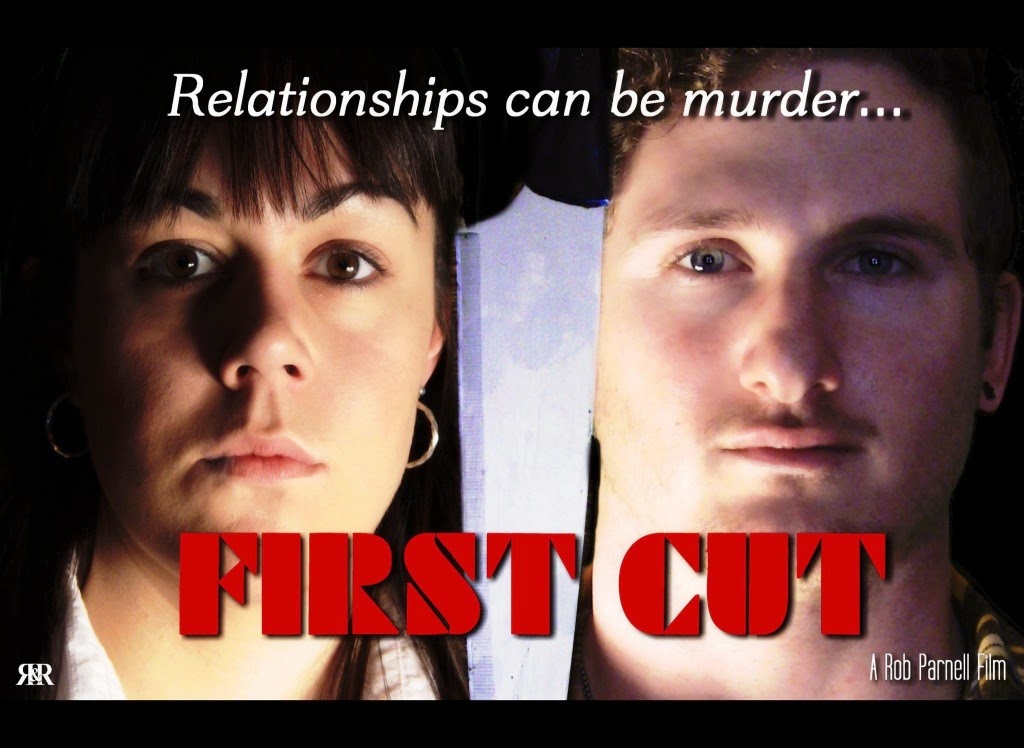I hope you're writing and it's going well.
It's been a busy week for us, not much writing done, which is kinda annoying because I'm trying to get another book up on to Amazon soon!
To compensate, my new novel, PURGE, has finally been released. Today in Australia, tomorrow in the US.
Also, as you may have already heard, my movie, FIRST CUT, was selected for the Barossa Film Festival this week, so we'll be going to that screening tonight!
Plus, my latest music CD, MIRACULOUS HEALING, is now selling on Amazon Music.
So all in all, not a bad week, considering!
Thanks for following our exploits.
Keep writing!
Rob@easywaytowrite.com
Rob@easywaytowrite.com
Writing Your First Bestseller

Most new authors consistently make one career-crushing decision – because it seems like the most natural thing in the world to do.
That is, they write a book and THEN look around for someone to publish and buy it.
That is, they write a book and THEN look around for someone to publish and buy it.
It's often at this late stage that new writers realize there was never going to be any demand for the book they've spent two to ten years writing.
The same is true for authors who want to self-publish. They assume there is a market for anything they might want to publish, although this is simply not the case.
You need to start thinking like a publisher. Assuming a book will sell just because you publish it is a recipe for disaster.
So how does a publisher think?
Spending some time wrestling with this question now will save you lots of heartache in the future, and save you many wasted hours, days, months, even years of writing.
Try this:
Visualize yourself as a successful author.
Get past the fame, glory and adoration, oh, and the money. Now, imagine you're at home much of the time (in your mansion) when you're not making personal appearances.
You have an agent and a publisher you talk to on the phone or, if you're lucky, you'll go visit. Each time you turn up for a meeting with these people, the conversation inevitably turns to the topic at the top of their minds:
What do readers want?
Usually, instead of merely encouraging you to write your next book and be your happy writer self, your publishing staff may want to impart advice to you on:
a) What your next book should be about (and not about!)
b) Which genre it should be in (and advice on which genres to avoid)
c) How relevant will your next book be to the publisher's list
d) Are you going to give them something they can market effectively, and
e) How will you make sure it will sell more than all your other books?
Many writers have this abiding fantasy that when they're writing books full time that the publisher will be happy and do nothing more than shower them with compliments, encouragement, and gifts at Christmas time. Uh-huh. This is to completely misunderstand the publishing industry.
Because the more successful you become, the more pressure is exerted upon you to be all the more commercial.
The last thing your agent and publisher want is for you to start insisting you write books the public won't understand or won't like - or don't expect from you - because that not only ensures your quick fall as a successful author, but often the rapid demise of your bank-ability to the publisher, whose primary concern is, you guessed it, selling as many of your books as possible.
And selling as many books as possible should be your concern too.
If you want to be a successful independent author, then that requires deliberately positioning yourself as a commercially astute writer right from the get-go.
How do you do that?
Simple, stop writing for half a day and do some research…
You have at your fingertips the greatest writer's research tool ever invented. Amazon can tell you everything you need to know about books and what's selling with just a few clicks. Use it.
Go to Amazon.com and look at the bestselling fiction list. What do you see?
Eight out of the top ten are action/adventure/mystery or crime thrillers. One is a romance. One is a literary piece. This is all too common for any one week on Amazon. Indeed, in any one week on The New York Times Fiction Bestseller list, this ratio is the same.
What does this tell you?
That people consistently buy a certain type of novel.
You need to ask yourself, right now, Am I writing the kind of book people will want to buy?
Not read – BUY.
There's a huge difference. Because people who want to read books will borrow from the library, or borrow them from friends, or pick them up cheap from book-store sales.
But buying a new book from a current author involves an entirely different mechanism – and often a different kind of customer.
In order to effectively sell books to people who actually seek out and purchase new books, your story should scream: Amazing!
Is your next book idea up to this?
Don't kid yourself by thinking, of course people will want to buy my book because I think it's brilliant.
You know that's not how it works.
Bestselling authors already know what type of books will sell:
Complex, tightly plotted, action-oriented, novel length drama with compelling characters.
You need to know that too.
You should regularly study the bestseller list, in whatever genre you plan to write, to constantly remind yourself what you're up against.
Plus, you need to study your proposed genre. Learn all you can about it.
Discover whether the books in your genre sell well - if at all.
Try to work out where you will float in the sea of competition out there.
Don't get fooled into thinking that if there aren't many books in your genre, then yours will stand out as unique.
That's not how it works. If there are very few books in a genre, that means that genre doesn't sell well.
But if there are lots of books doing well in a genre, that means there's lots of demand.
Therefore it's best to write the types of books that people want to buy, rather than fight the tide and try and create your own genre, and end up selling only a few.
That’s my two cents, for what it’s worth!
MY CURRENT AMAZON FICTION:


